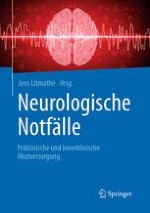2016 | Kardiopulmonale Reanimation | OriginalPaper | Buchkapitel
Hauptrubriken
Service
Fachgebiete
Themen











